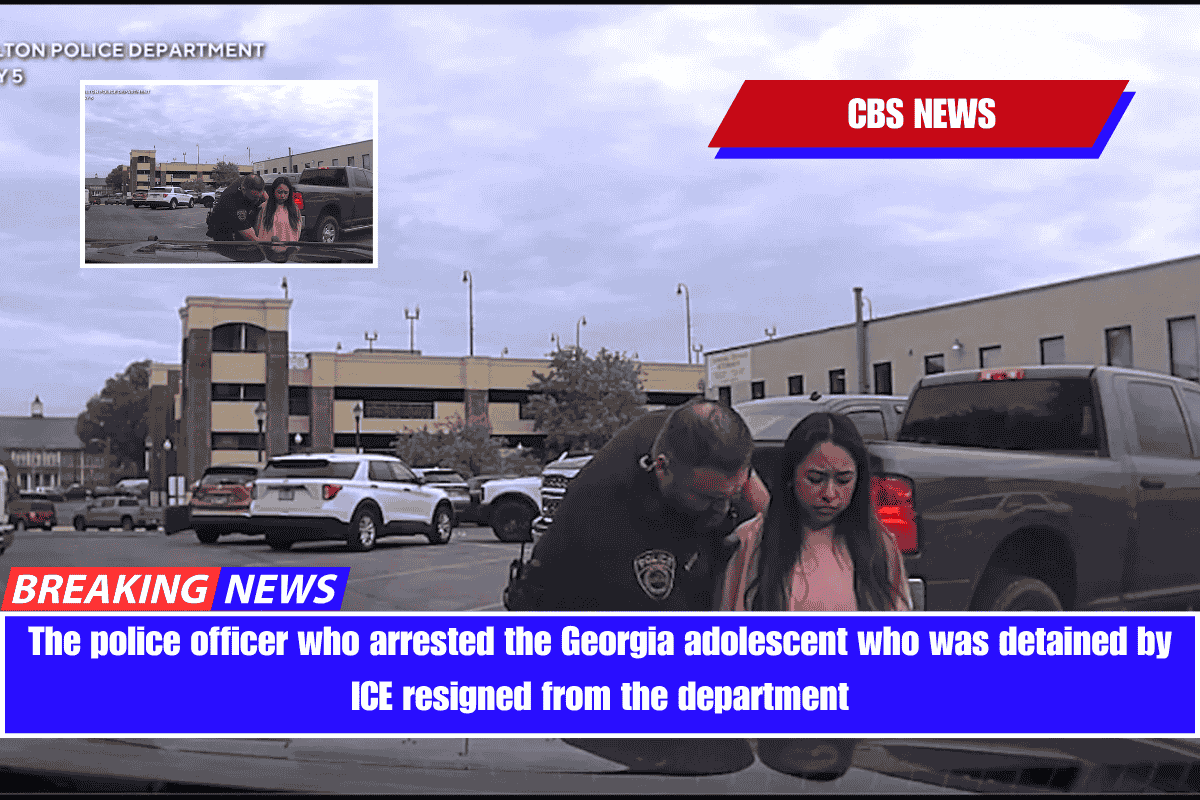According to Palestinian officials, the war in Gaza has killed over 52,000 people, as Israel resumes its offensive on the territory following the end of a ceasefire with Hamas in March.
The overall toll of 52,243 includes nearly 700 bodies whose documentation was recently completed, according to the Hamas-run health ministry’s most recent update. It comes after hospitals in the Gaza Strip received the remains of 51 Palestinians killed in Israeli strikes within the last 24 hours.
Israel broke its cease-fire with Hamas, a designated terrorist group by the US and Israel, by launching a surprise bombardment on the territory on March 18, and has since carried out daily waves of strikes. Ground forces have expanded a buffer zone around the southern city of Rafah, controlling roughly half of the territory.
Israel has also barred the territory’s 2 million Palestinians from receiving any imports, including food and medicine, for nearly 60 days. Aid organizations say supplies will soon run out, and thousands of children are malnourished.
Palestinians now mainly eat canned vegetables, rice, pasta, and lentils. Meat, milk, cheese, and fruit have all disappeared. Bread and eggs are scarce. The prices of the few vegetables and other items on the market have skyrocketed, making them unaffordable for the majority.
“We can’t get anything that provides protein or nutrients,” Mariam al-Najjar said.
Israeli officials say the renewed offensive and tightened blockade are aimed at pressuring Hamas to release hostages kidnapped in the Oct. 7, 2023, attack that sparked the war. Prime Minister Benjamin Netanyahu has vowed to continue the war until Hamas is destroyed or disarmed, and all hostages are released.
Hamas has stated that it will only release the remaining 59 hostages—24 of whom are believed to be alive—in exchange for Palestinian prisoners, a long-term ceasefire, and a complete Israeli withdrawal from Gaza, as outlined in the now-defunct ceasefire reached in January.
Turkish Foreign Minister Hakan Fidan said on Sunday that recent talks with Hamas have shown the group is more willing to reach an agreement that goes beyond a ceasefire and seeks a long-term solution with Israel, according to Reuters.
In the Oct. 7 attack, Hamas-led militants killed approximately 1,200 people, the majority of whom were civilians, and held 251 people hostage. The majority have since been released as part of ceasefires or other agreements.
The Gaza Health Ministry, which is controlled by Hamas, says women and children account for the majority of Palestinian deaths, but it does not specify whether they were militants or civilians. According to reports, another 117,600 people have been wounded in the war.
Israel claims to have killed approximately 20,000 militants without providing evidence. The military claims it tries to avoid harming civilians and blames their deaths on Hamas, which operates in densely populated areas.
Israel jets strike Lebanon
Israel jets struck Beirut’s southern suburbs Sunday after issuing a warning about an hour earlier, marking the third Israeli strike on the area since the ceasefire was declared in late November.
There were no immediate reports of casualties.
In the warning, the Israeli military stated that it was targeting Hezbollah facilities in the Hadath area and advised residents to move at least 300 meters away from the site before the strike. Two warning strikes followed.
Following the strike, the Israeli military stated that it targeted a precision-guided missile storage facility for Hezbollah, an Iran-backed terrorist organization designated by the United States and Israel. It went on to say that storing such equipment violates the cease-fire agreement between Israel and Hezbollah.
Hezbollah has not responded to the airstrikes.
President Joseph Aoun condemned Israel’s strike on Beirut’s southern suburbs, urging the US and France, as ceasefire guarantors, to “assume their responsibilities” and pressure Israel to stop its attacks. He warned that Israel’s continued actions would “undermine stability” and expose the region to serious security threats.
During the last Israel-Hezbollah conflict, Israeli drones and fighter jets regularly bombarded the southern suburbs, where Hezbollah wields significant power and support. Israel regards the area, where it assassinated several of Hezbollah’s top leaders, including chief Hassan Nasrallah last September, as a militant stronghold, accusing the group of storing weapons there.
Sunday’s strike comes after two previous attacks on the capital’s southern suburbs, the first on March 28, when Israel issued a warning, and the second on April 1, when an unannounced strike killed four people, including a Hezbollah official.
Sheikh Naim Kassem, the leader of Hezbollah, recently warned that if Israel’s attacks on Lebanon continue and Lebanon’s government does not act to stop them, the group will eventually resort to other options.
According to the US-brokered ceasefire that ended the 14-month Israel-Hezbollah war, Israeli forces were supposed to withdraw from all Lebanese territory by late January, while Hezbollah was required to end its armed presence south of the Litani River along Israel’s border.


















Leave a Reply